Contemporary Art Society: Nothing Beautiful Unless Useful at Whitechapel Gallery
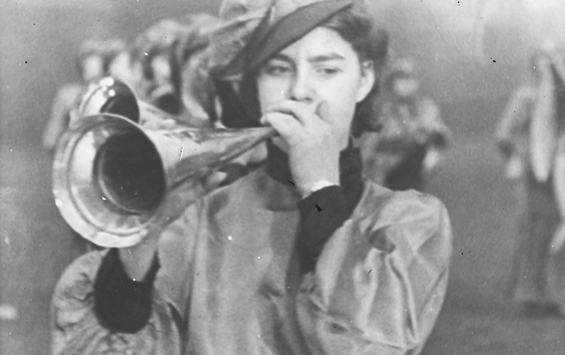
Nothing Beautiful Unless Useful takes Whitechapel Gallery visitors on a journey through social reform during industrialisation with the merging of ideas and practices between art and philanthropy. It reminds viewers how art has the ever-relevant capacity to be purposeful and significant in social engagement, while also delivering an informed insight into the various intentions for art production for the masses.
This display of highlighted artworks from public collections in North West England reinstates their original objective: to manoeuvre a drastically changing society to remain on a healthy foundation. Three different intentions for art for the masses are explored via three organisations, on which the exhibition focuses. Spanning from 1880 to 1940, the works are a mixed collection of modest pieces ranging from watercolours and vases to documentary photography and a 1940s Technicolor video of a fashion show. A display with such diversity can no doubt leave the majority absorbed.
The exhibition begins with Manchester Art Museum (1886-1953), which shares William Holman Hunt’s Afternoon (Study: Sunset). Its magical aura emblemises the early social reformation belief that by replicating in art the beauty of nature around the growing industrial towns, the working classes had a window to breathe in spiritual positivity beyond the sooty chimneys.
Moving towards Leeds Art Club (1903-1923), the advance of artistic experimentation and modernist thought is apparent in works such as Eric Gill’s engraving, The Skaters, where from the hard labour of industry grow dreams, possibilities and fulfilment in life. On the other hand, Mass Observation (1937-1949) more formally structures a view on society. Here, artists become sociologists and there is even an extract from a manual on surveying the everyday life of the under-represented working class. To round off this part of the display, The Cotton Museum acts as a small case study in which the results of such studies are shown.
These three organisations deliver their unique aims in the exhibition, yet all unify in their assertion that art not only communicates to the people, but also serves numerous important functions. Nothing Beautiful Unless Useful, curated by Anna Colin, is the first of four curatorial fellowships granted by the Arts Council in collaboration with the Contemporary Art Society. It absolutely deserves a visit as it leaves the visitor enlightened and confident of art’s visions in the period.
Angela Chan
Contemporary Art Society: Nothing Beautiful Unless Useful is at Whitechapel Gallery until 1st December 2013. For further information visit the gallery’s website here.

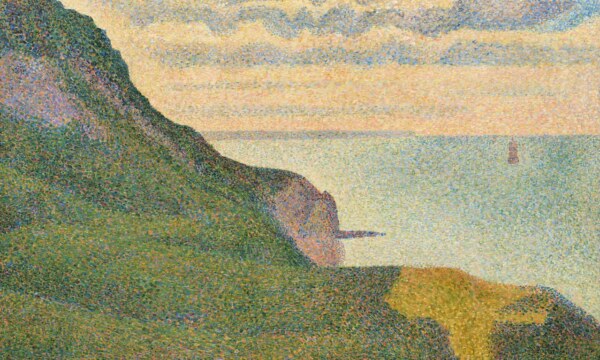

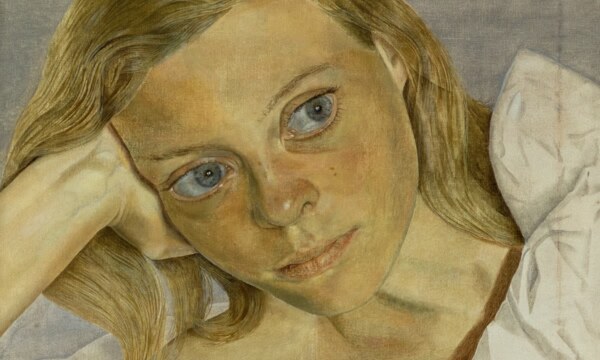

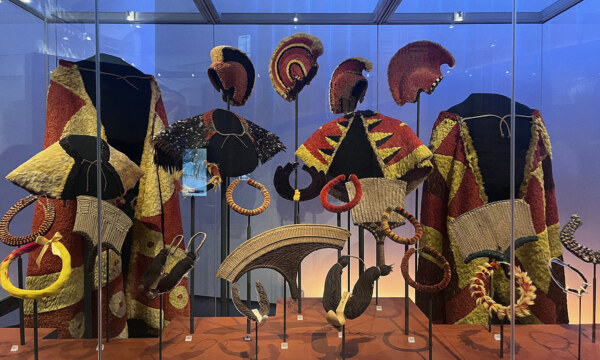
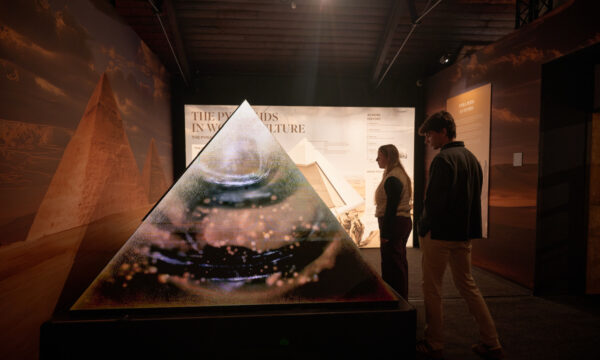
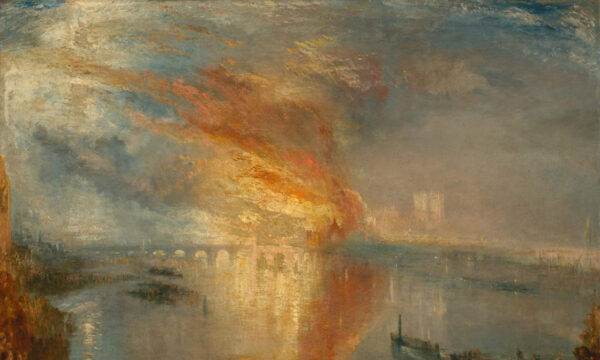
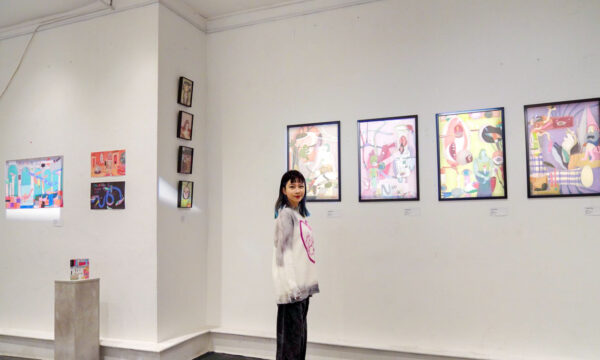

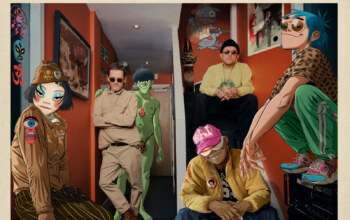
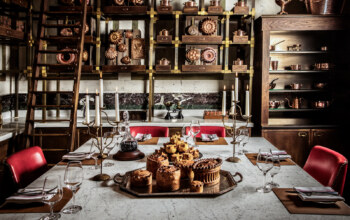

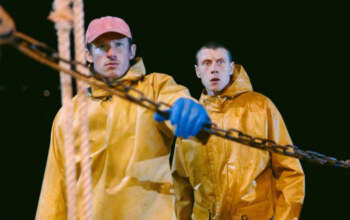

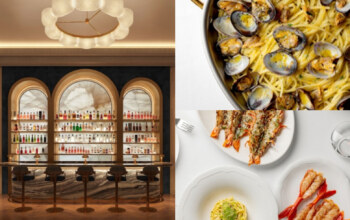









Facebook
Twitter
Instagram
YouTube
RSS